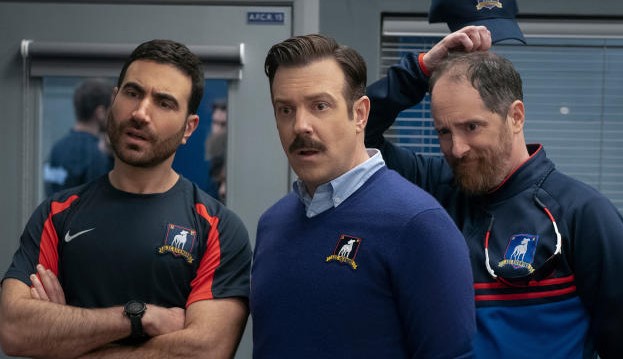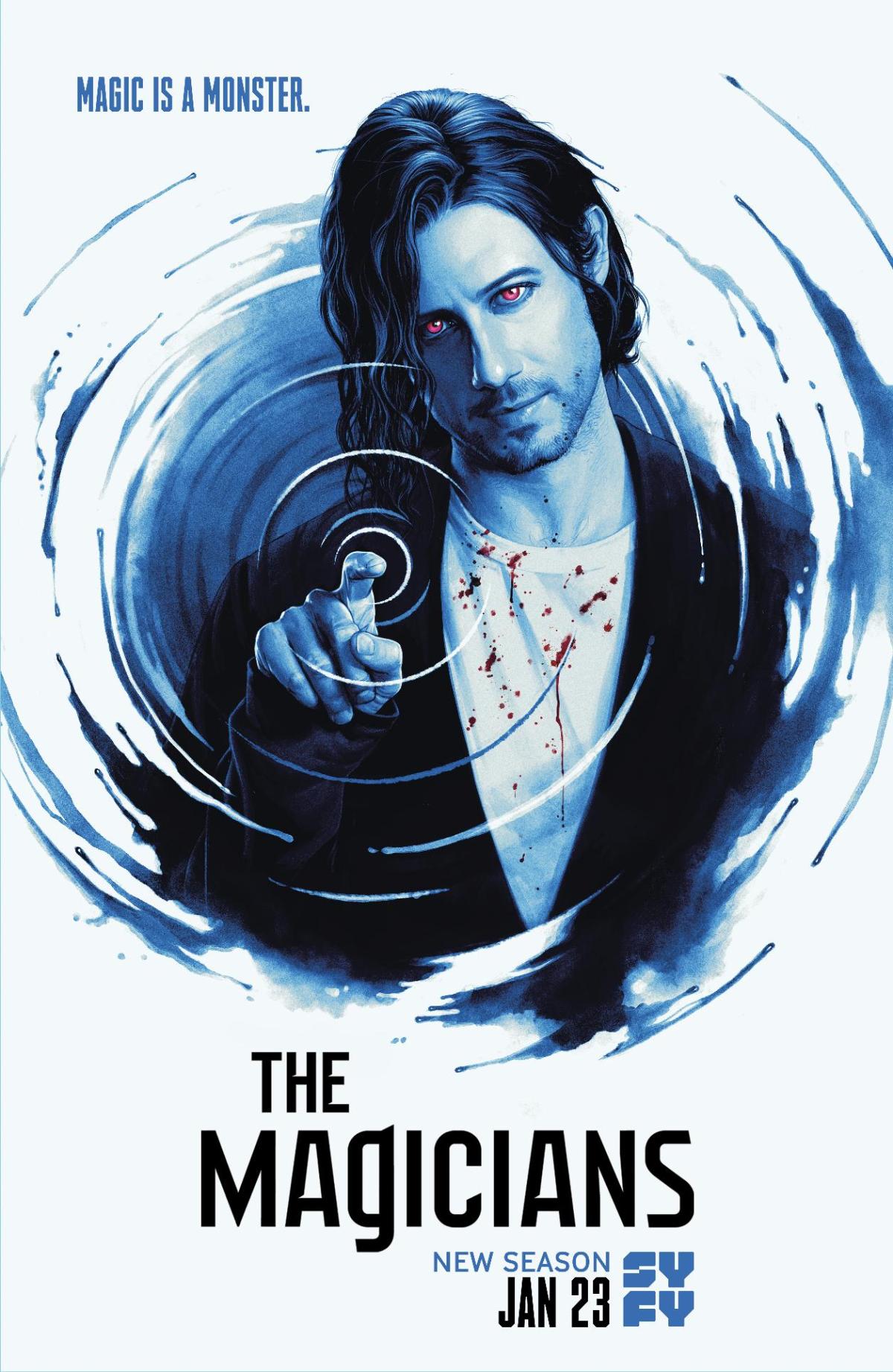I really liked “Ted Lasso.”
The 1st two seasons were fantastic.
The third season was always going to be a problem not so much because it was the final season, but because there was a clock on “Ted Lasso” that had been ticking since the very first episode. It’s impressive that the show managed to delay it as long as it did.
The moment I knew that “Ted Lasso” had me was the end of the 1st episode when he moves into his new apartment. It’s an incredibly sad scene and it speaks to the fact that the show, while funny and optimistic, would also have real moments of poignancy.
That scene was sad because it was Ted starting his life over away from his loved ones. Coach Beard might have been there, but it still felt incredibly lonely. It would have been enough just with his marriage ending, particularly given the history the show would layer in for Ted and his wife.
For this dad of two, though, it was even more heartbreaking because Ted had left behind his son.
Perhaps if “Ted Lasso” hadn’t already been a season deep when I started watching it, I wouldn’t have been able to ignore that elephant in the room. Maybe being able to binge a full season was enough to distract me, whereas if I’d had a week in between it would have been harder to rationalize.
The bottom line is this: Ted left his son.
His wife wanted space and Ted, a successful college football coach, moved to another country, 4300 miles away from his only child.
Like a fucking asshole.

We never see the other side of it. Ted left because his wife wanted space, and while he was gone they got divorced and his wife started dating someone. At some point Henry would have blamed someone for what happened, and once Michelle started dating it was going to be her. There would have been regular calls about it.
But there weren’t, not on the show, because the best thing they could do was ignore it as much as possible. The times when they did incorporate Henry into the show only served to underscore that Ted was an asshole for what he’d done, yet no one was calling him out on it, not even the team psychiatrist.
Well, no one but Nate, who was vilified for it.
The final season was going to be a problem not because it had to wrap the story up, but because the show had gone two full seasons avoiding Ted’s horrible decision, and season three — regardless of whether it was the last season or not — had no choice but to deal with the beating heart under the floor boards.
And that was going to be tricky, because it’s hard to walk a tight rope of “Ted is a great guy” and “Ted abandoned his son.”

Yes, they tried, and managed to distract us all with shiny things for the 1st two seasons, but Nate had brought it to the forefront at the end of season two: “go home to your son.”
In the penultimate episode of season three, Ted has it out with his mom, who finally gets around to telling him what everyone else should have been saying, go be with your son. Ted claims that he’s afraid to get close to Henry because Henry will eventually leave him, as children tend to do when they grow up. This is connected to the fact that Ted’s dad killed himself when Ted was 16, so he has abandonment issues.
As far as attempts to justify Ted’s choice, that was certainly an attempt to justify Ted’s choice.
Ted’s fear of connecting with Henry comes out of left field. It’s never hinted at on the show at any point. The fact that Henry is probably around 8 when his dad leaves makes it even harder to digest. Were there no problems for the first 8 years of Henry’s life?
Even if they’d had Ted say he was afraid to let Henry get close to him because he know that at some point he would die, it would have made more sense. It still wouldn’t have worked, but the connection would have been there.
It very much feels like the writers realized while the show was already on that they needed an explanation for Ted’s willingness to leave his kid, then struggled to fit a square peg into a round hole.
It becomes even more frustrating when you look at the show as a whole and realize that Ted didn’t need to be a father. Very little about the show would have changed had Ted just left behind his wife. In fact, it makes the show substantially better.
Yes, the show is heavy on fathers/sons, but it’s seldom applied to Ted and Henry, and Ted and Henry are never connected to the serious stories. Ted losing his father is pivotal to how he relates to the players on the team, but he doesn’t need to be a dad for that to work.
If anything, imagine if part of the reason his marriage fell apart is because he kept putting a wall up whenever Michelle talked about starting a family. Maybe that wall is what drove them apart. Being a surrogate father to his players was the safe way for Ted to be a dad.
They even tried to sell the importance of Ted and Henry thematically in the finale by showing us Jamie and his dad and Nate and his dad being all friendly with each other after Ted goes back to Henry. Ted’s relationship with Henry is nothing like those other two, but they’re all fathers and sons, right, so they must go to together?
“Ted Lasso” was always going to sputter out. The fact that it gave us two great seasons is a testament to everyone who worked on it. But this ending was inevitable and the signs were there from the start.

